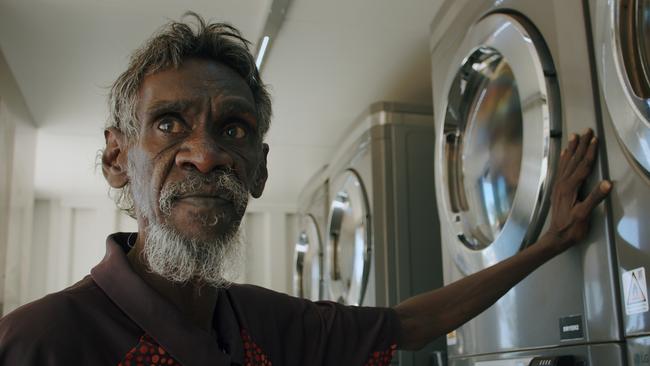Action plans boost Indigenous workforce
Indigenous jobs grew by 54 per cent in a year inside Australian companies and organisations committed to reconciliation action plans.

Indigenous jobs grew by 54 per cent in a year inside Australian companies and organisations committed to reconciliation action plans.
About 1100 private sector companies, government and non-government organisations with reconciliation action plans collectively employed 63,973 Aboriginal and Torres Strait Islander people at the end of June 2020, an increase from 41,496 Aboriginal and Torres Strait Islander people in June 2019.
Reconciliation Australia’s annual assessment of the effectiveness of its program finds that while Indigenous employment increased among participating organisations, the value of goods and services procured from Indigenous-owned businesses fell sharply.
In 2019, Indigenous enterprise provided $8.3bn worth of goods and services to organisations with a reconciliation action plan but in 2020 the figure was $2.1bn. This was attributed to the pandemic and the end of big infrastructure projects that relied heavily on Indigenous contractors.
Almost three million Australians now work or study in an organisation with a reconciliation action plan. Sample responses to survey questions show they have high levels of pride in Aboriginal and Torres Strait Islander cultures. More of them than ever, 82 per cent, believe Australians can unite. In the broader Australian community, 72 per cent of people believe this is possible, according to Reconciliation Australia’s report.
The report suggests reconciliation action plans may be helping to bring Indigenous and non-Indigenous Australians together in friendship not just at work.
It shows that 20 per cent of people who work in an organisation with a reconciliation action plan are “likely to socialise frequently with Aboriginal and Torres Strait Islander Australians”. In the broader Australian community, only 7 per cent said they were likely to do this.
Reconciliation Australia chief executive Karen Mundine said the reconciliation action plan program was making a difference by “markedly changing the way people think and feel about reconciliation, colonisation, and the relationship between non-Indigenous and First Nations peoples in Australia”.
“Using a business plan with strong, reportable targets, reconciliation action plans turn goodwill into action, embedding reconciliation into an organisation’s work and sphere of influence,” Ms Mundine said. “After 15 years and with more organisations than ever engaging in the program, the report shows (it) is creating tangible benefits and momentum for reconciliation.”
The Northern Territory Primary Health Network’s reconciliation action plan underpinned its decision to sponsor a remote laundries project in the Katherine region staffed entirely by Aboriginal people.
The laundry, which now injects $1000 a week into the local economy, displays health messages in Kriole language and has coincided with a 24 per cent reduction in skin complaints.
LendLease, a global real estate and investment group, has a reconciliation action plan that trains employees in cultural awareness and Australian history.
Chief executive Steve McCann said there was a diverse range of views among workers but responses were overwhelmingly positive. “This has been a really beneficial engagement for us,” he said.
LendLease’s reconciliation action plan includes identifying young Indigenous people who may want to gain qualifications that would lead to employment at the company.
So far, LendLease and the Career Trackers program have supported 117 Indigenous people into internships.




To join the conversation, please log in. Don't have an account? Register
Join the conversation, you are commenting as Logout